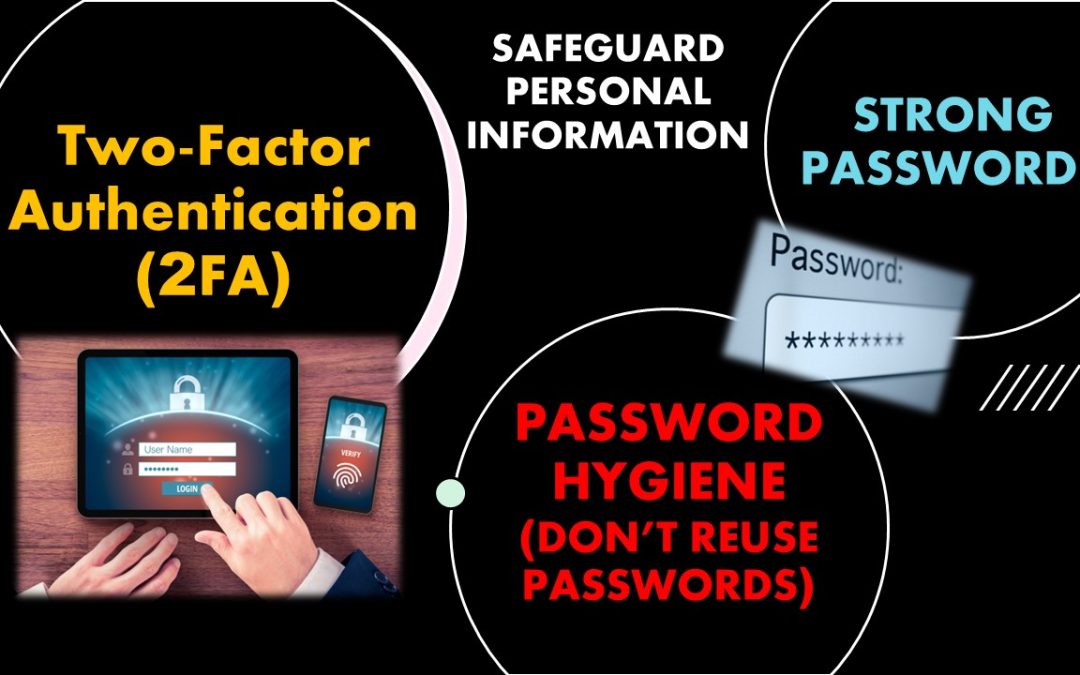Genetic testing provider 23andMe is in hot water, dealing with multiple class action lawsuits in the U.S. following a massive data breach. A threat actor leaked customer data which impacted millions of users. While 23andMe insists it wasn’t a direct system breach, users’ sensitive data ended up on hacker forums.
In response, 23andMe launched an investigation and promised to inform affected users. However, several class action lawsuits have been filed, asserting 23andMe’s responsibility for protecting customer data. Plaintiffs are seeking financial relief including damages and attorney’s fees.
This incident highlights the importance of safeguarding sensitive personal information and ensuring robust cybersecurity practices.
- Two-Factor Authentication (2FA): Enabling 2FA adds an extra layer of security by requiring users to provide two forms of verification before accessing their accounts. This can significantly reduce the risk of unauthorized access.
- Strong Passwords: Encouraging users to create complex and unique passwords can make it harder for threat actors to gain unauthorized access through credential-stuffing attacks.
- Password Hygiene: Never reusing passwords for multiple accounts is crucial. Using unique passwords for each account minimizes the risk of a security breach on one account compromising other accounts. 23andMe’s instance is a perfect example. If you had an account somewhere else with the same password as your 23andMe g account, you could now be vulnerable to hacks on multiple accounts.
Being diligent in your online safety, even if it causes some inconvenience, will help protect your personal information.
As always, NGT is here to help!
Contact ngthelp.com with questions.
